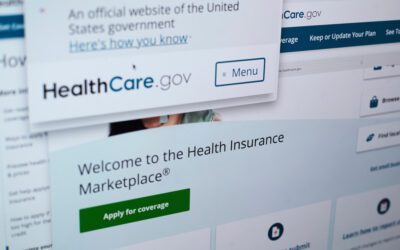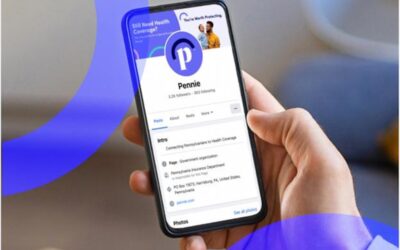
Photo via Shutterstock.
The Biden administration recently announced that on May 11, the United States will no longer be in a COVID-19 emergency for the first time since the pandemic began nearly three years ago.
While hundreds of people continue to die from COVID-19 each day, Biden administration officials believe the virus no longer requires an emergency designation, due to the presence of widespread testing, treatments, and vaccines.
The most significant impact of ending the emergency is the potential loss of Medicaid health insurance for millions of Americans.
According to the Kaiser Family Foundation (KFF), anywhere from five to 14 million Americans could soon lose access to the government’s health insurance program. Nearly 7 million of these people could still be eligible for Medicaid once the emergency order lifts, but could slip through the cracks of the renewal process and lose their coverage, according to estimates from the U.S. Department of Health and Human Services.
Almost 20 million people enrolled in Medicaid during the COVID-19 public health emergency, an increase of nearly 30% from before the pandemic. This increase was backed by a rule that barred states from removing anyone from the program while the pandemic was deemed an emergency by the federal government.
As a result, people were able to avoid the process of renewing their insurance, which experts say is often the cause of losing coverage, even when individuals are still eligible. According to KFF, roughly one in four Medicaid enrollees lived in a home without internet or with limited computer access as of 2019, making it difficult to stay on top of renewals.
This “continuous enrollment” provision will expire on April 1, however, as Congress recently passed a law that will once again allow states to resume reviewing all Medicaid enrollees’ eligibility and disenroll those found ineligible beginning on that day. Taking this all into consideration, KFF estimates that enrollment will decline somewhere between 5% and 13%.
After the continuous enrollment ends on March 31, states will have up to 12 months to initiate, and 14 months to complete a renewal for all individuals enrolled in Medicaid, CHIP, and, if applicable, the Basic Health Program. This process is known as the “unwinding period” and is implemented to help consumers maintain continuous coverage as they transition into a new health care plan.
The U.S. Department of Health and Human Services also intends to offer some reprieve for Americans losing their insurance: a special enrollment period for Obamacare. People who lose their Medicaid coverage from March 31, 2023 through July 31, 2024 can apply for Obamacare outside of the normal enrollment period here if they live in one of the 33 states served by a federal marketplace. The other 17 states that run their own marketplaces can implement a special enrollment period, but are not required to do so.
Americans who lose their Medicaid coverage won’t have to provide any additional documentation to shop for Obamacare; the application will simply ask whether they lost their coverage. They will then have 60 days to pick a health insurance plan, and their coverage will begin on the first day of the following month.
In addition to its effect on Medicaid coverage, the end of the COVID-19 emergency will also mean that Americans will have to start paying more for certain COVID-19-related health measures, such as at-home rapid tests. These tests have been free for most of the pandemic, as consumers have been able to order them online from the federal government.
Consumers will also start having to pay more to get a COVID-19 test administered at doctor’s offices. Policies surrounding the antiviral COVID treatment Paxlovid will depend on when the government’s supply runs out, but until then, patients will not see much of an increase in price. Vaccines, however, will remain free for people with insurance, while the uninsured will have to pay out of pocket. Telehealth access for all Medicare recipients will still be accessible for the next two years, as well.
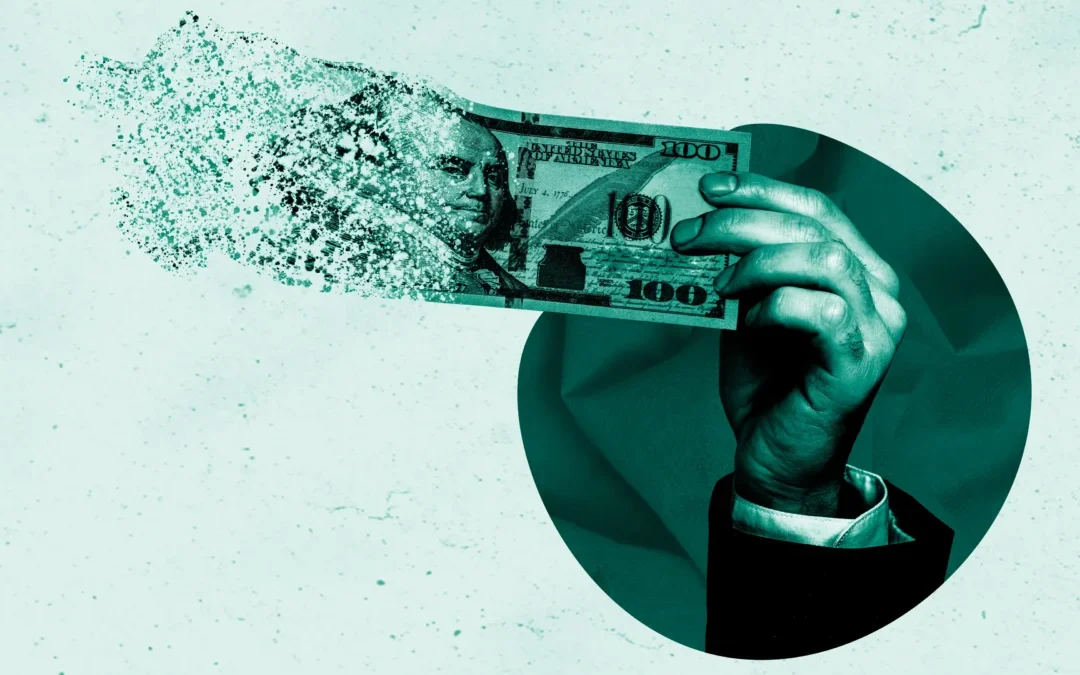
It’s 2026 and you’re uninsured. Now what?
It’s 2026, and you’re uninsured. Now what? Renuka Rayasam February 2, 2026 Health policy changes in Washington will ripple through the...

Two community hospitals in York County set to open this spring
Two new community hospitals in York County are expected to open in the spring, according to WellSpan's advertisements. One of the hospitals is just...
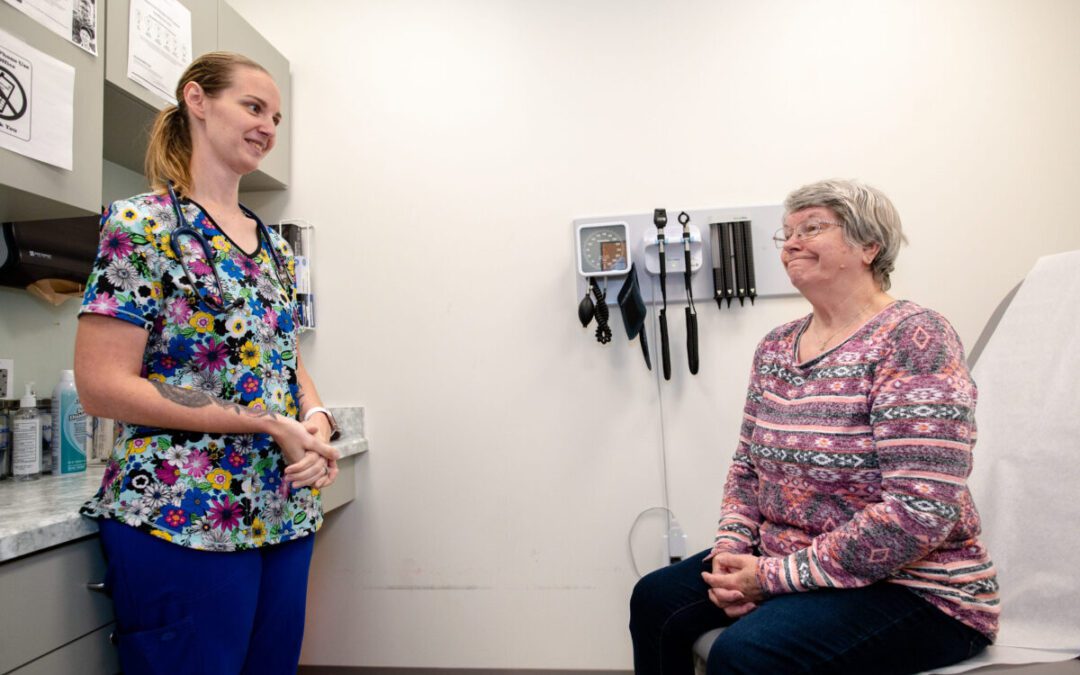
Report: Pa. hospitals face increasingly precarious financial future
Financial instability could force closures at more than a dozen Pennsylvania hospitals in the coming five years if state policymakers fail to act...
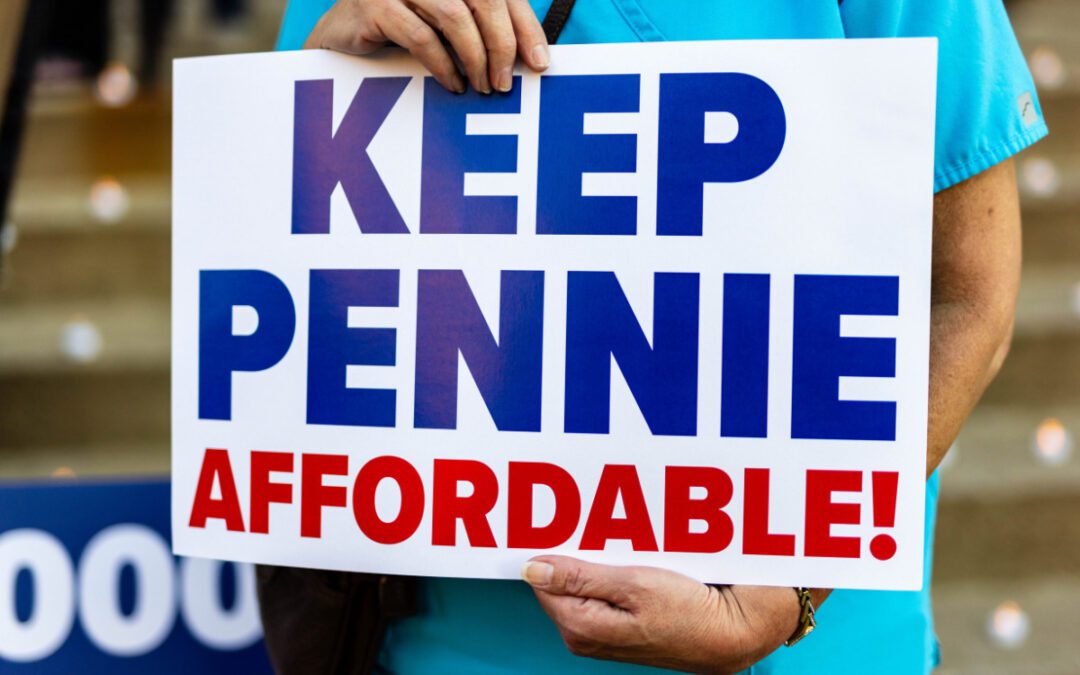
Pa. Pennie enrollment drops as Congress wrestles with health insurance subsidy vote
Some Pennsylvanians stay enrolled and pay tripled premiums with the hope lawmakers will vote to extend tax credits. Thousands of Pennsylvanians have...
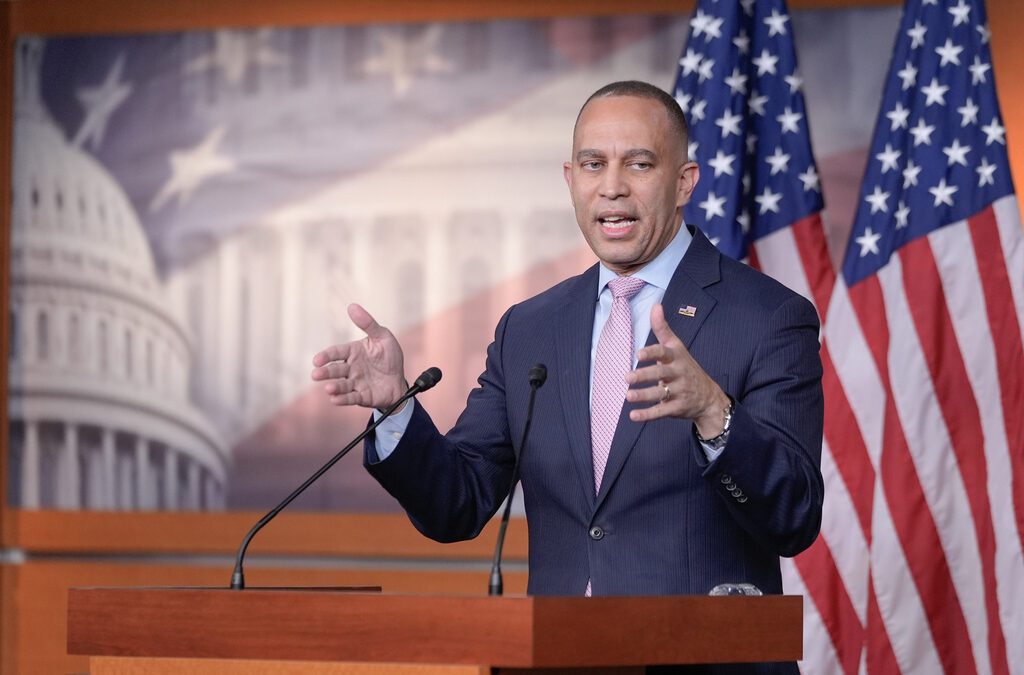
House takes step toward extending Affordable Care Act subsidies, overpowering GOP leadership
Overpowering Speaker Mike Johnson, a bipartisan coalition in the House voted Wednesday to push forward a measure that would revive an enhanced...


